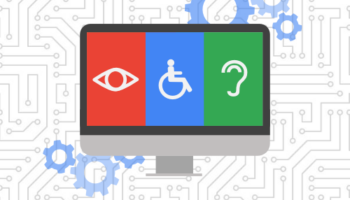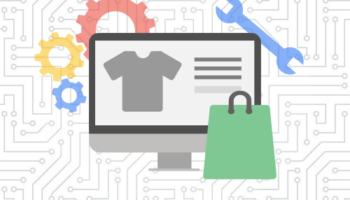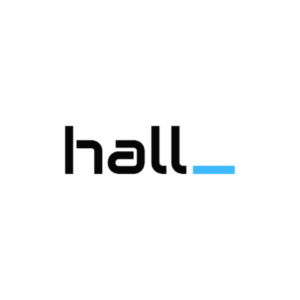What exactly is a landing page?
A landing page is essentially any page a user lands on when they are surfing the internet (sometimes called an entrance page). However, in most cases, a single page on website that is tied to a specific campaign is usually referred to as a landing page. Website users will be directed to a landing page after clicking on an advertisement. Sometimes print ads or direct mail offers will promote special landing pages for different campaigns.
Why can’t I just send them to my homepage?
Your homepage has multiple options and calls to action for a user to take. If you’re using pay-per-click ads that have a specific offer then sending users to your homepage; having too many options may distract them from the offer they originally came to the site for. Landing pages are created to promote the advertisement in more detail. They are custom designed for a target audience so that the user feels compelled to engage in the intended action.
Why are landing pages important?
When using landing pages in accordance with pay-per-click campaigns and other similar internet marketing efforts, they produce better conversions than a regular web page. They are custom designed for a targeted audience with the intention of driving qualified leads to a particular offer.
How do they work?
Online marketing ads use copy (and sometimes design elements) to motivate the user to click the ad. Once a user has clicked the ad, they are directed to a landing page. When a user arrives to the landing page there is a general framework to assist user conversion.
This framework consists of:
- The goal or the offer – Whatever you want the user to do from this page. For example; buying a product or signing up for a free trial.
- Relevance to the campaign – The landing page must reflect back on the source it came from. For example; if you are using Facebook ads to promote an offer, the page should use the same offer as the original ad.
- Keywords – If you’re using Google Adwords or Microsoft adCenter, your landing page should target 2 to 3 keywords that are used in the original ad copy.
- Captivating title or header – Website users consume content very quickly by scanning. An attention grabbing header will help keep the user from navigating away from the landing page.
- Supporting copy – Use additional copy (but not too much) to explain the offer in more detail. Explain why the user should take the action.
- Image – Graphic elements can be extremely persuasive and have the ability to make a statement. When used effectively, they can evoke emotion and compel the user to stay on the page longer to explore the offer.
- Conversion piece – Make the user do something. Whether it’s filling out a form, watching a video or sharing the content with their friends, get them to take action.
Do I need to use landing pages?
Take this “super official quiz” that will determine if you should be using landing pages.
- Do you use paid advertisements (Google Adwords, Facebook Ads, banner ads, etc.) to drive traffic to your website?
- Do you use email marketing to offer specials to your customers or drive traffic back to your site?
- Does your business have multiple locations?
- Do you have different kinds of users or customers?
- Do you promote your website using direct mail?
- Do you have customers coming to your website from social networking sites like Facebook, Twitter, LinkedIn, etc.?
If you answered “yes” to any of the questions above, then you should think about using landing pages. Any time you can offer a specific product or service, or if you are directing users to your site for a specific offer, using landing page will come in handy.
To learn more about landing pages watch this archived webinar or leave your questions in the comments section below.






